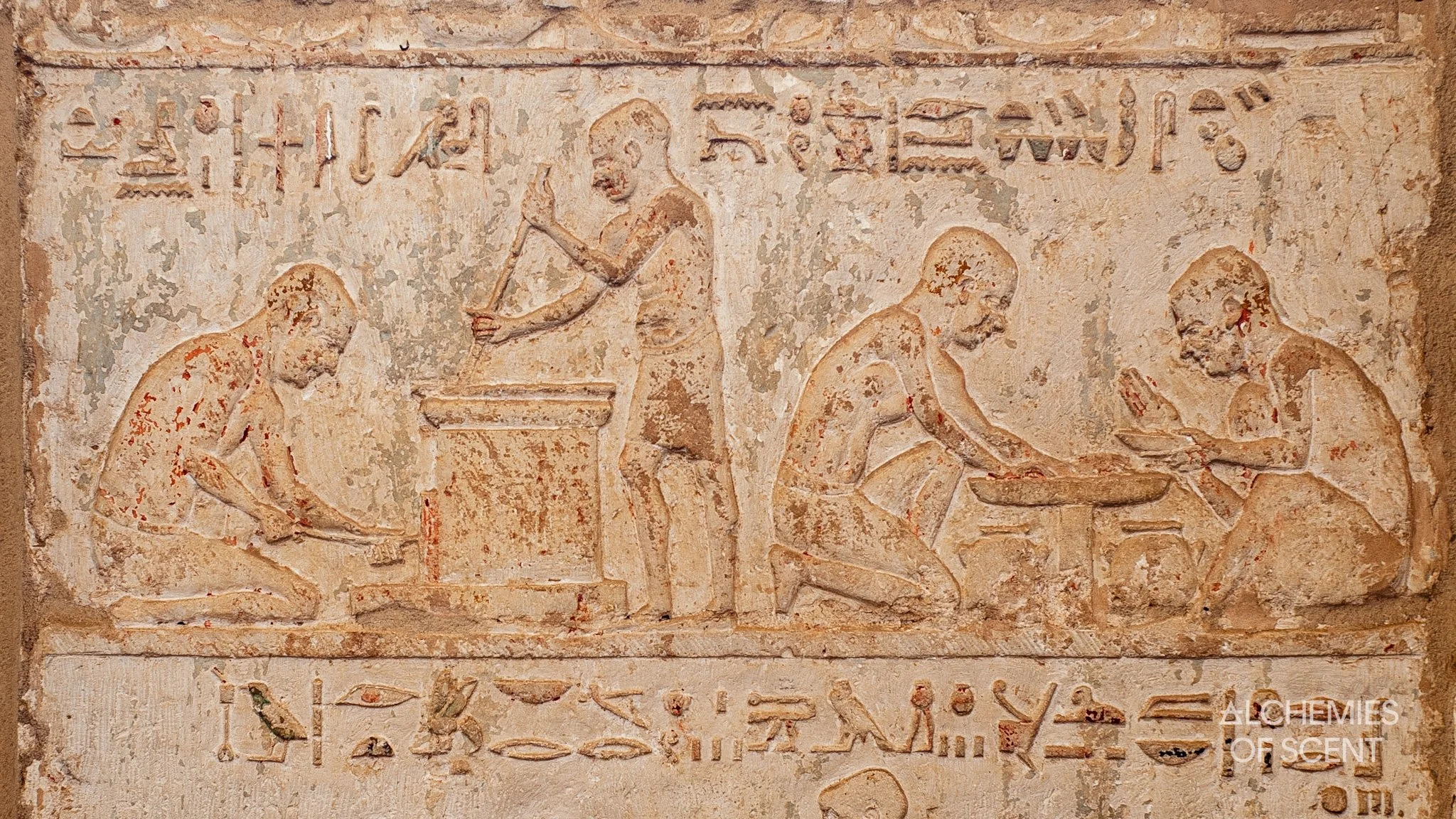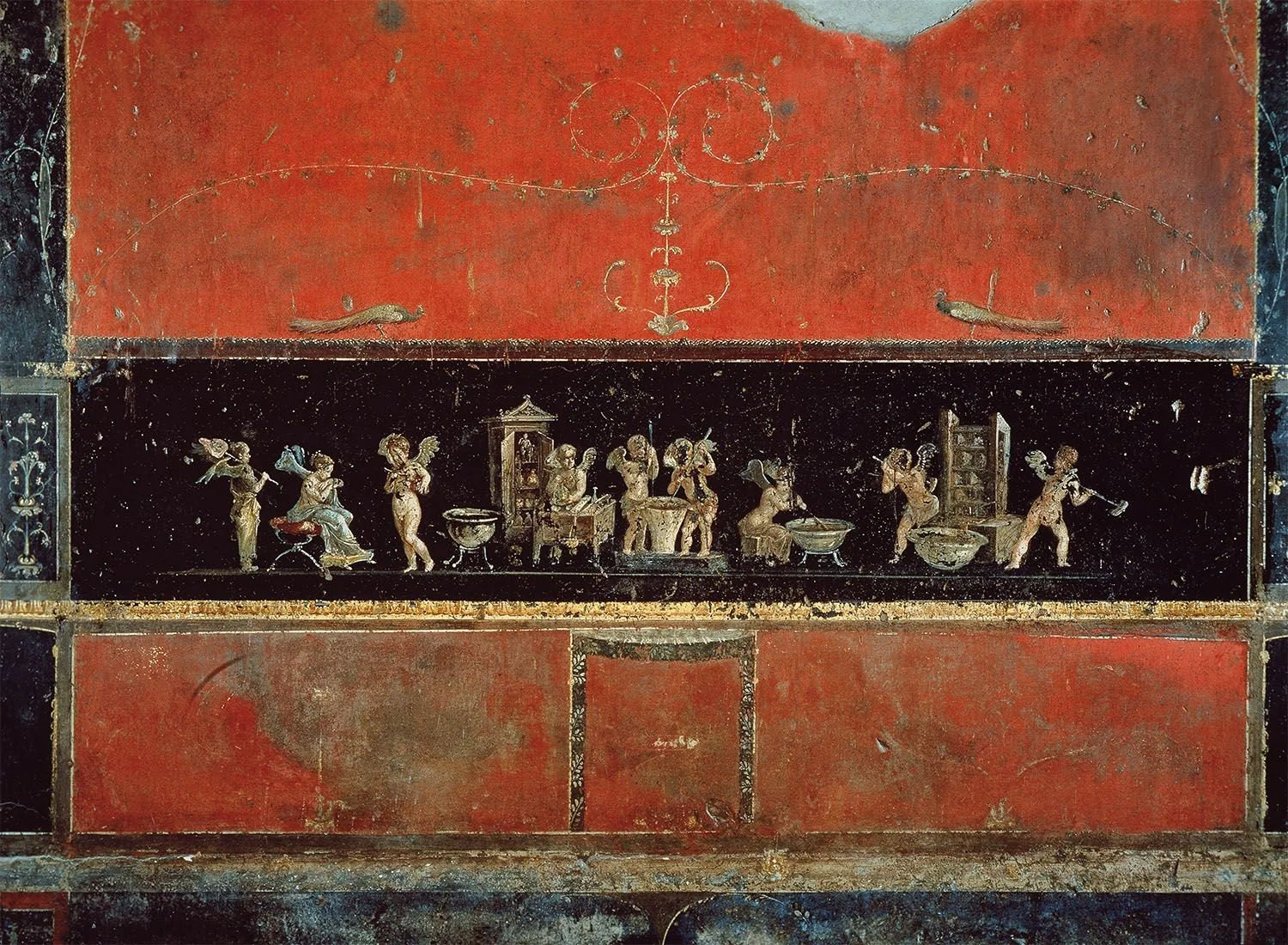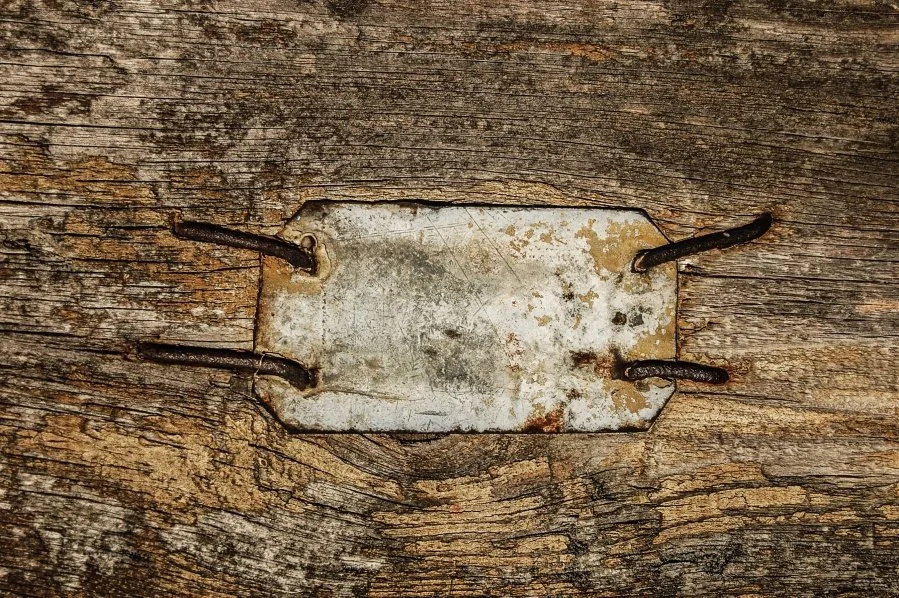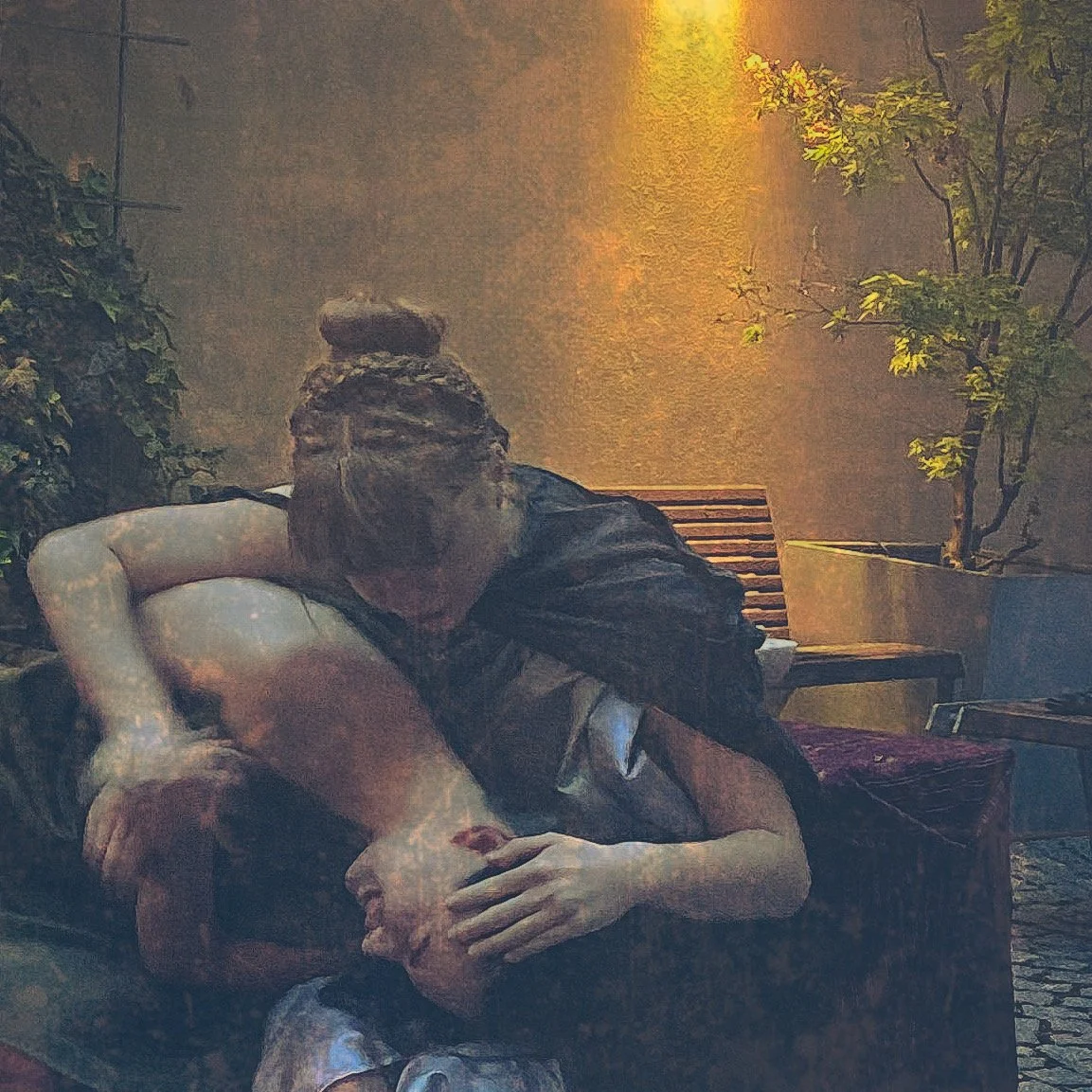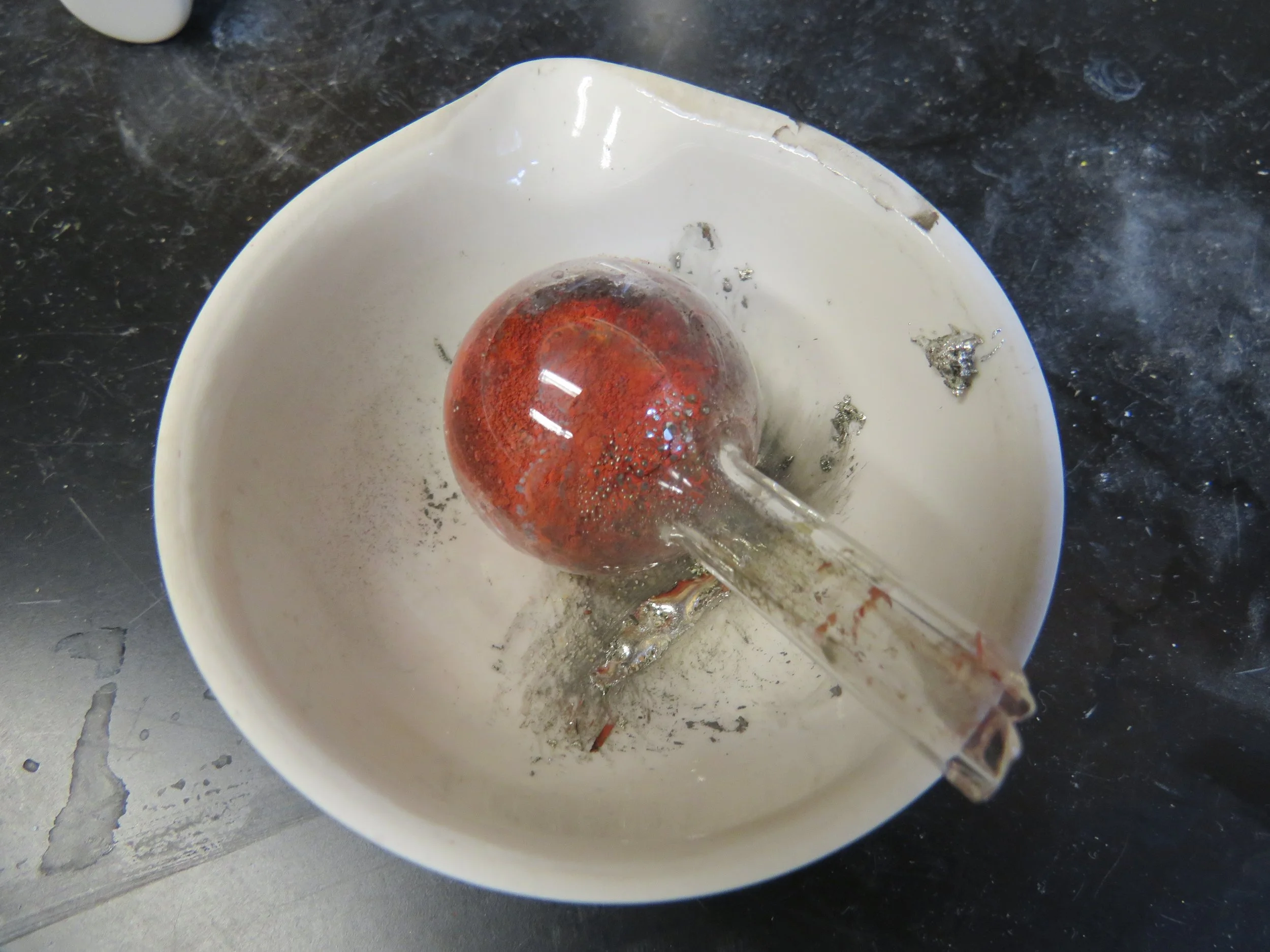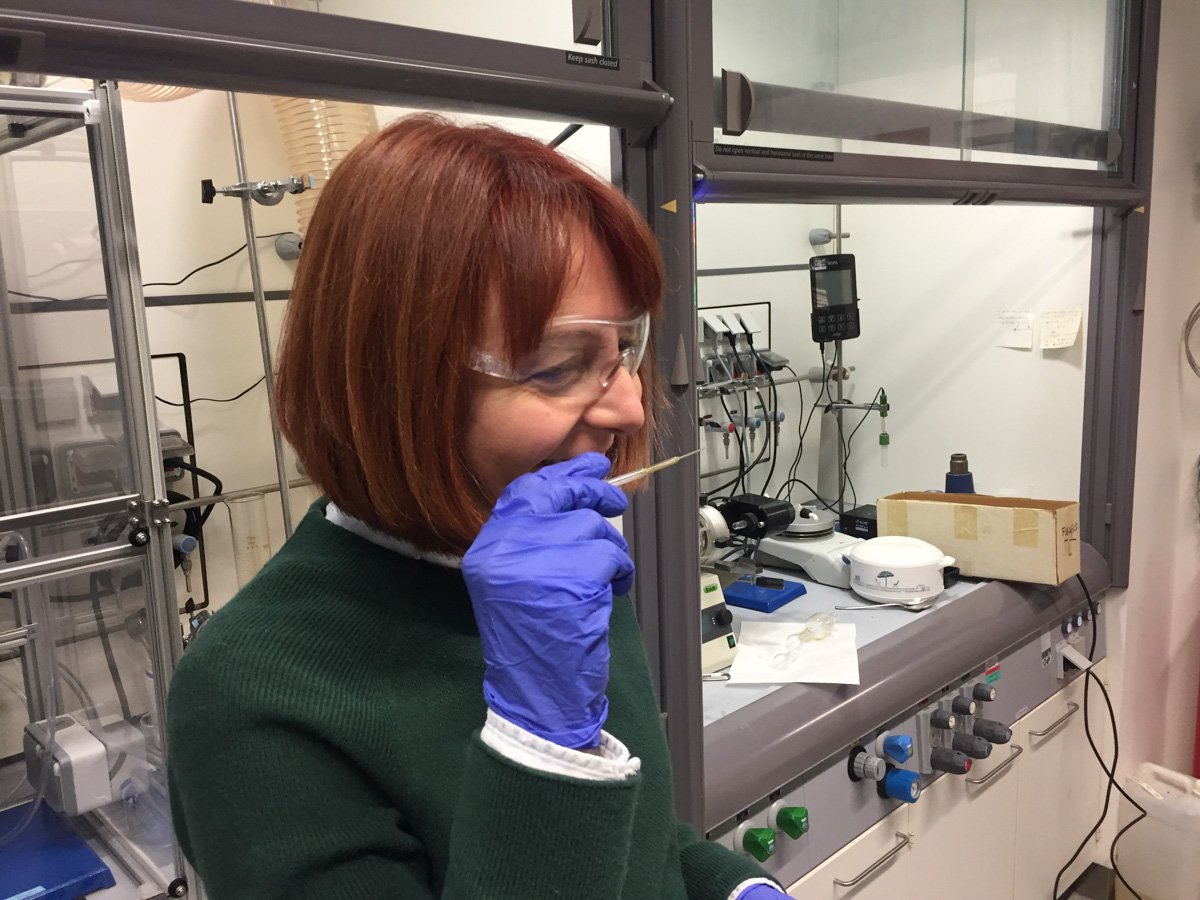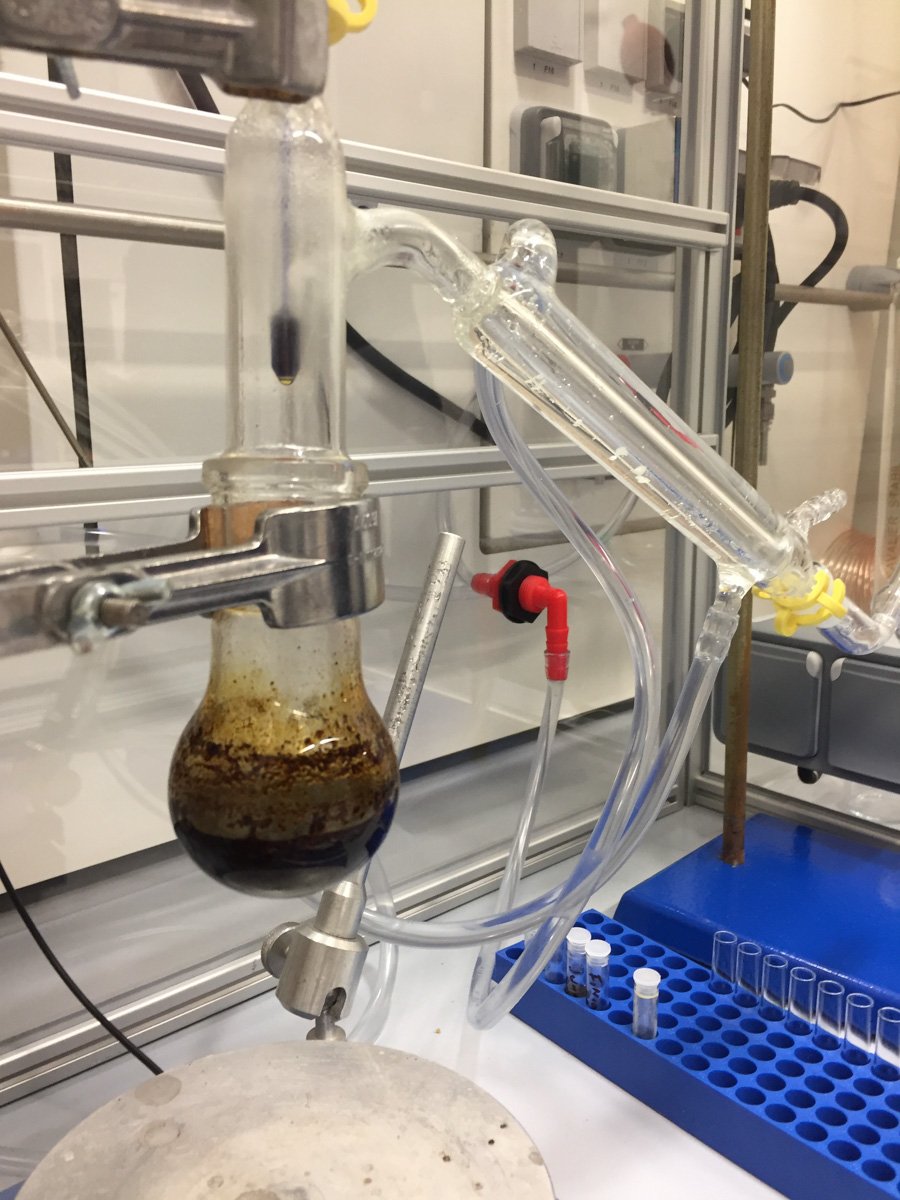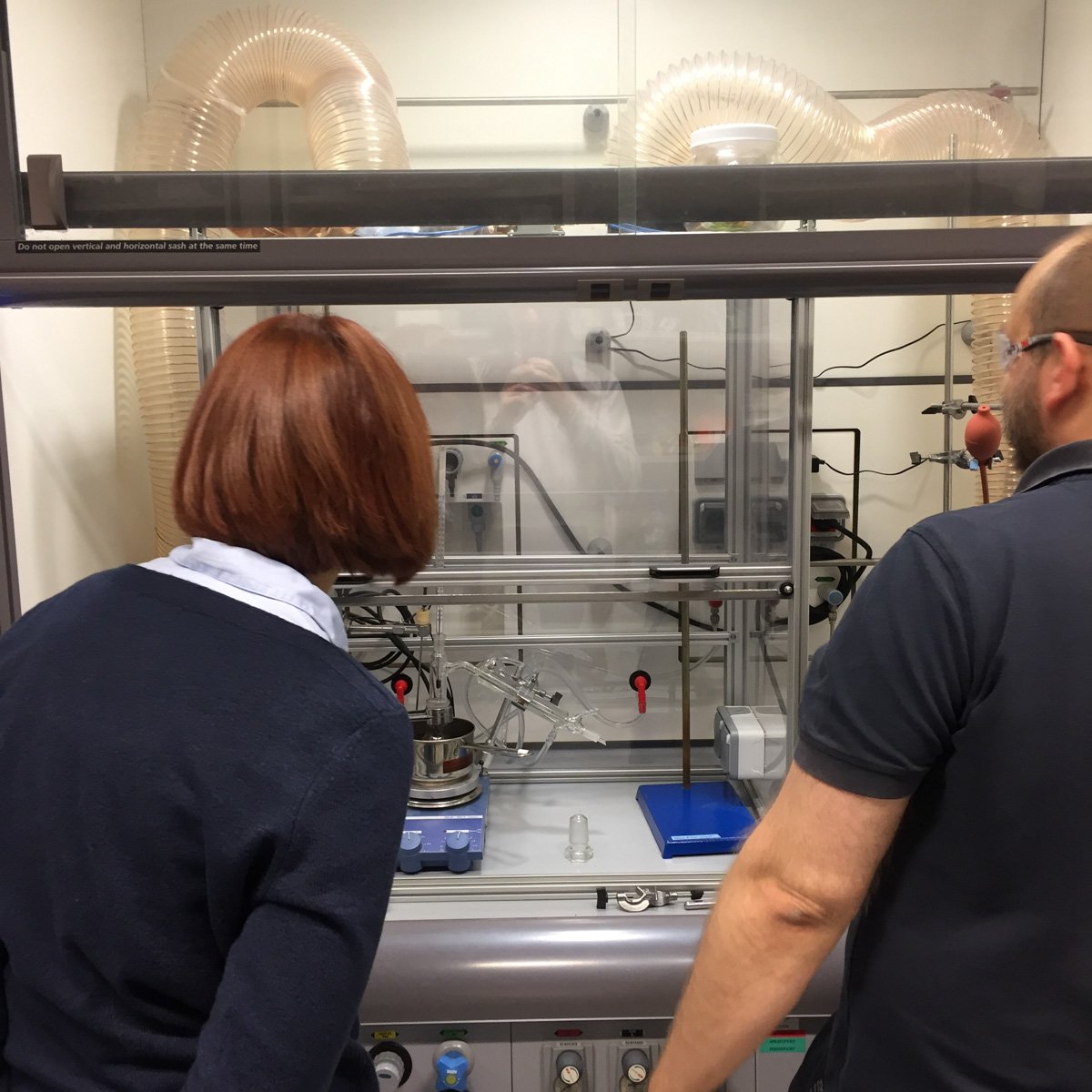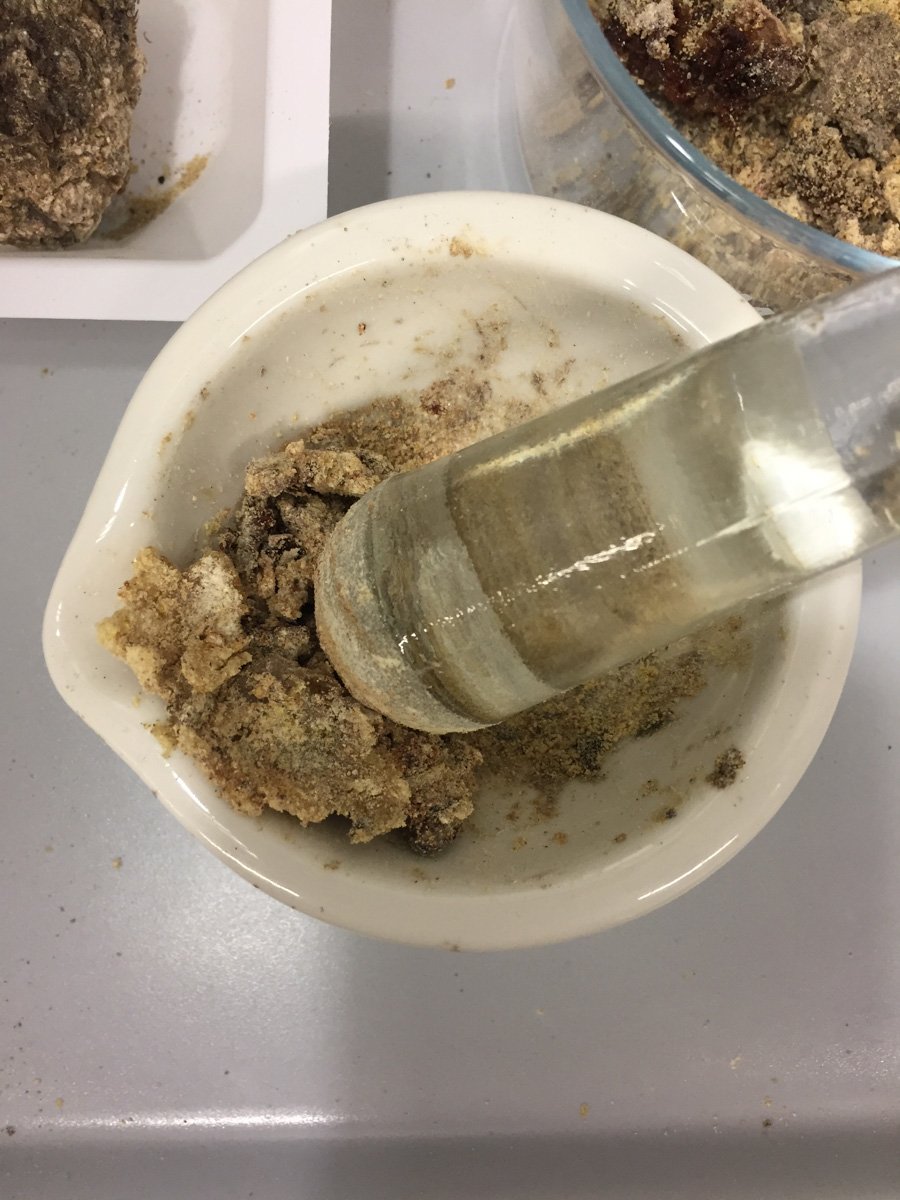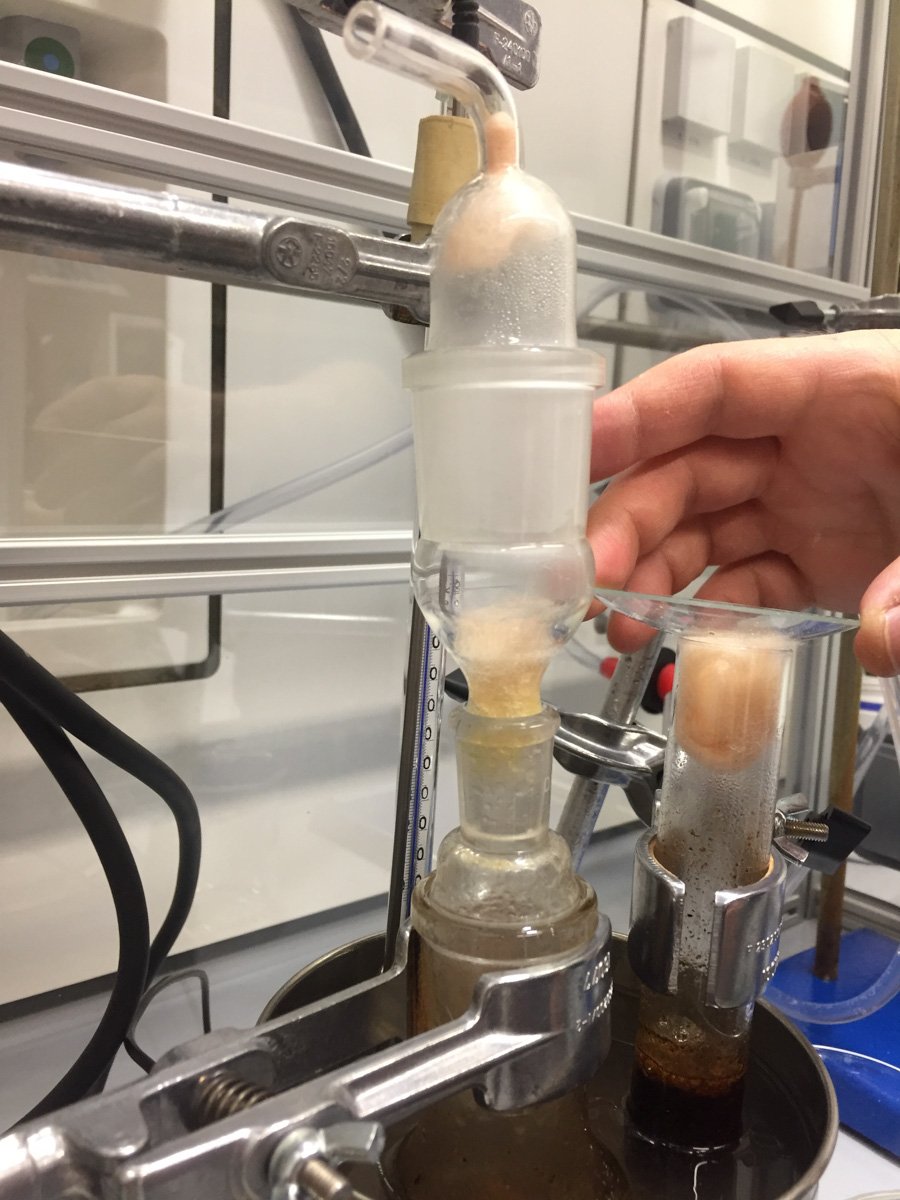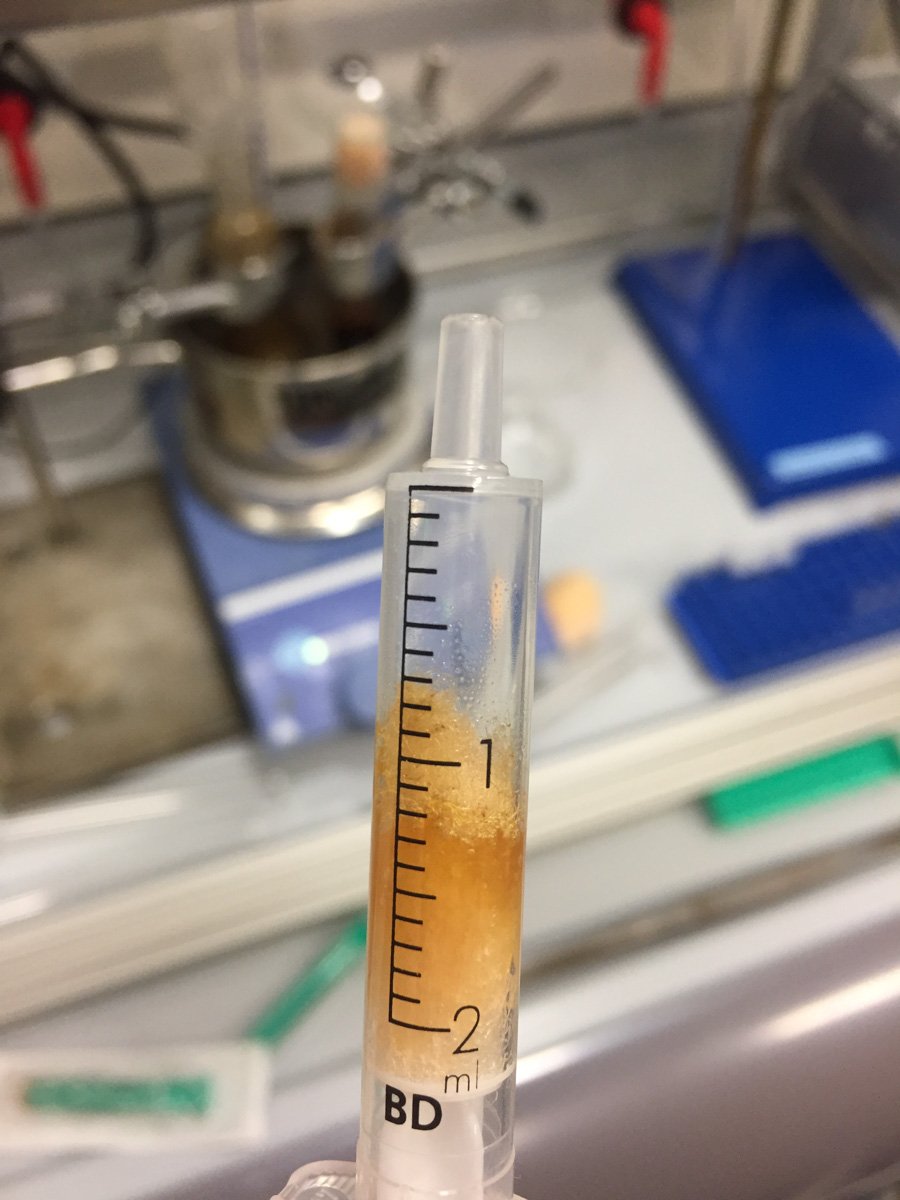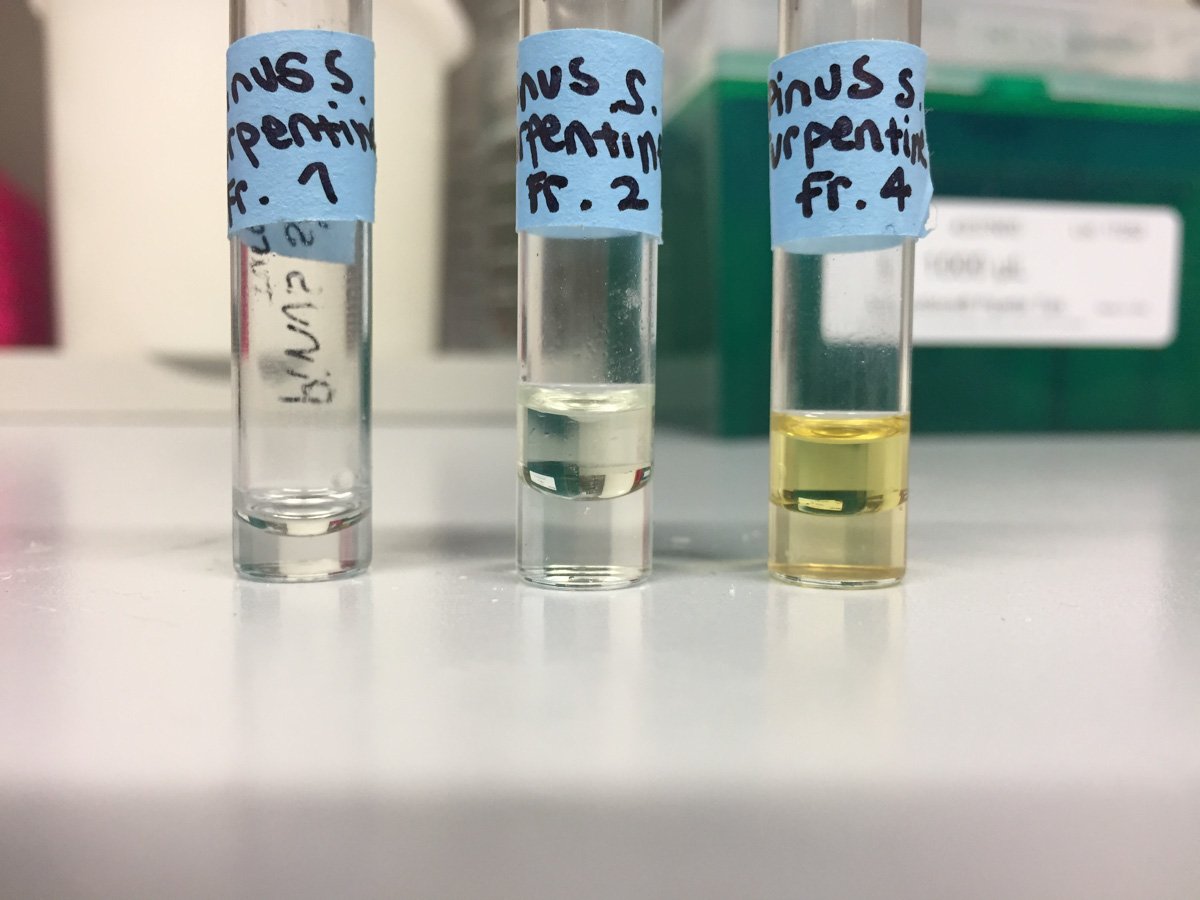
Conference Talk: A 3rd Century Secret Ink and its Reception: a Study of the Stable Transmission of a Recipe that Never Worked (Sean Coughlin)
Sean Coughlin will go to Madrid to speak at the INK-Quiry conference organized by Dr. Miriam Blanco Cesteros, professor in the department of classical philology of the Universidad Complutense de Madrid.
Abstract
This paper explores the complex transmission of a 3rd century recipe for an ink, first attributed to Sextus Julius Africanus, that is meant to write under an egg shell. It looks at how this recipe was transmitted from Africanus' Kestoi to modern spy novels with little variation. I suggest that one reason for its stability is that the ink never worked in the first place.
